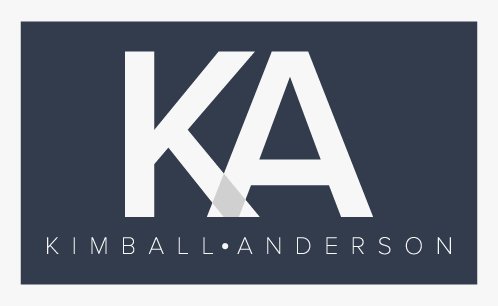Utah Business Formation Attorneys
Starting a new business can be an exciting but stressful event! Our attorneys inform our clients about the different business entities available and provide advice about the best option for each unique client. We have experience in forming all types of businesses and drafting the required documents for each.
Options when Starting a Business
Our attorneys want to ensure that our clients are fully informed about their options when starting a new business. Our experienced business formation attorneys have spent decades helping their clients to make informed decisions about business structure. Business structure can make a significant difference in the management, taxation, and liability of the business.
Forming a Business
Our business formation team prefers to collaborate with potential clients to find the best possible options to fit their needs. When forming businesses for our clients, our team takes care of all necessary forms, filings, and compliance-related documents. We, as a firm, are also able to act as a registered agent on businesses started by our clients, meaning that we can receive mail and warning of any legal issues involving the entity.
Sole Proprietorships
A sole proprietorship is an entity created by an individual who wants to have complete ownership of their unincorporated company. The owner within this type of entity gets to keep all of the profit. The profits for the company pass through the owner’s tax return. While they get to keep the entire profit, the owner is also responsible for the debts and losses with no protection.
Partnerships
A partnership is an entity created by two or more people to share liability and responsibility equally. This type of entity passes through the personal tax returns of the owners. Limited liability partnerships are an alternative to partnerships, where there are more protections provided. In an LLP, an individual is not responsible for anything that their partner may have done wrong. This type of entity still passes through personal tax returns but provides more flexibility when selecting a management style.
Limited Liability Companies
Limited liability companies provide the most protection and flexibility of the business entity options. When starting an LLC, the owner is not personally liable for debts or losses. When filing taxes as an LLC, there is a multitude of choices. LLCs choose to list themselves as either: a corporation, a partnership, or a disregarded entity, with the IRS. LLCs filing as partnerships or corporations with the IRS follow tax patterns for those entities. Disregarded entities do not file separately.
Corporations
Corporations are separate and distinct from the owners, who have no personal liability. Corporations can choose to have their taxes filed in two different ways with the IRS. A C-corp does not pass through the owner’s tax returns; instead, the entity is subject to corporate income tax and the tax paid on the owner’s profit. Because of this, C-corps experience double-taxation. The other option is an S-corp, where the taxes do pass through a personal tax return. S-corps have strict rules where the entity must have less than 100 shareholders and one class of stock.
Practicing Attorneys
Derek E. Anderson
(385) 429-5346
derek@kimballanderson.com
Paul S. Anderson
(385) 479-9468
paul@kimballanderson.com



